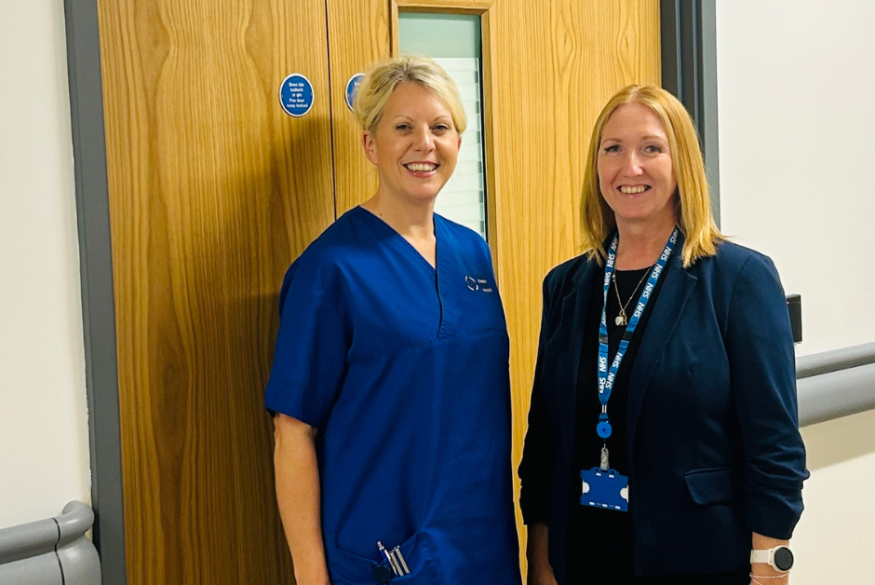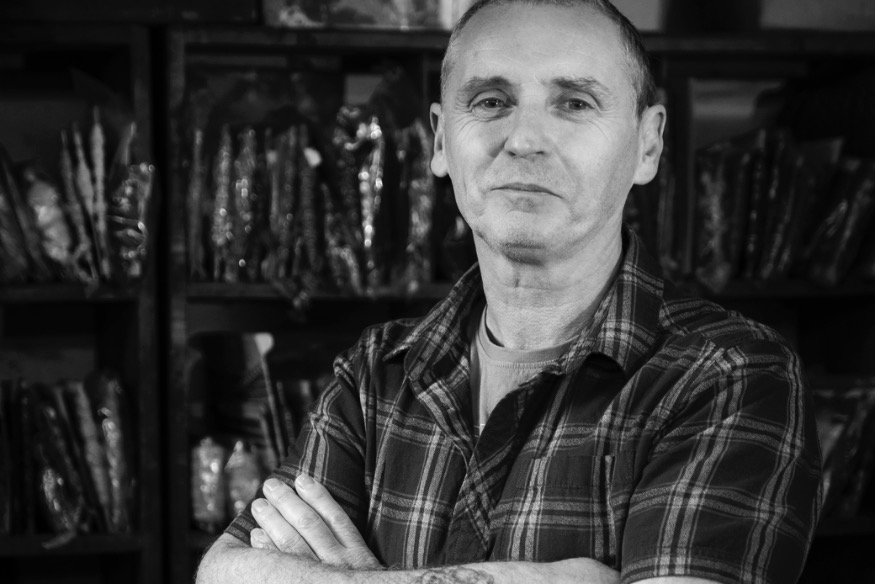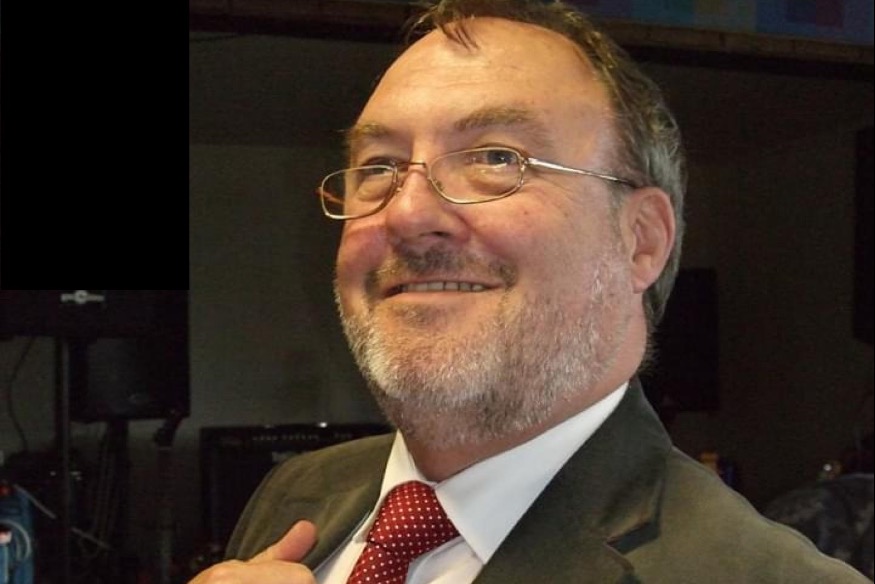
February 26, 2024 - 1647 views
The vast majority of people who need treatment for an eating disorder are seen in Wales and treated in their local communities.
A new team and clinical lead for eating disorders is helping to drive positive changes to eating disorder care, with a focus on early intervention.
Over the coming year, a number of health boards will be working with the clinical lead to explore the introduction of the First Episode and Rapid Early Intervention in Eating Disorders (FREED) model, which is targeted at young people aged 16 to 25.
Health boards are already providing early intervention models of care – support aimed at preventing people from requiring specialist care and for people waiting for treatment to start.
Waiting times for assessment and treatment have also been reduced to four weeks in some health boards.
As an example, Betsi Cadwaladr University Health Board’s specialist eating disorder (SPEED) team has reduced the number of people with anorexia who need to be admitted onto general units for care and treatment and reduced the use of feeding tubes in the community; it is also the first in Wales to embed paediatrics at the start of a patient’s journey and the first in the UK to recruit a specialist cardiologist to provide dedicated paediatric cardiology to all eating disorder patients
A review of eating disorder provision, including the provision of a specialist unit in Wales, is currently being carried out. Eight adult eating disorder beds have been made available in Wales at a private facility in Ebbw Vale.
Deputy Minister for Mental Health and Wellbeing Lynne Neagle said:
"Despite rising demand, all health boards in Wales are providing high-quality treatment for eating disorders for children, young people and adults.
"I have seen first-hand the hard work of the dedicated teams, and how the funding from Welsh Government has been used to recruit more staff and increase capacity within services.
"I expect to see our eating services continue to develop and improve. We know how important early intervention is in supporting people and I look forward to seeing these services progress and improve the lived experiences of people with eating disorders."








